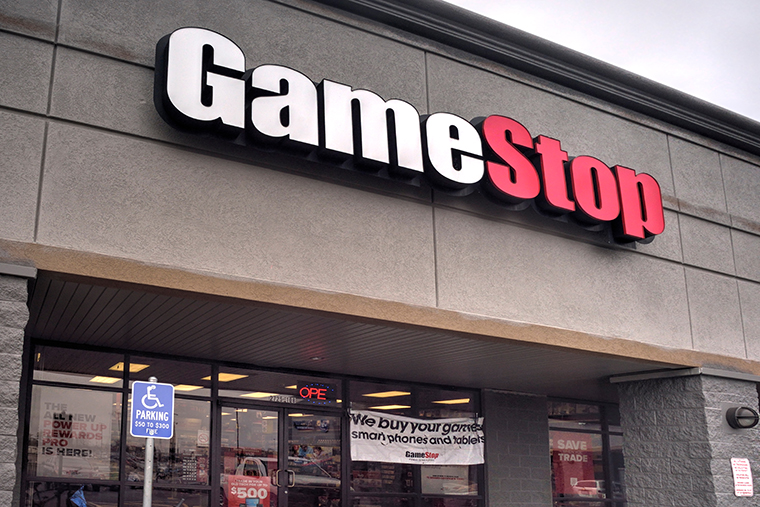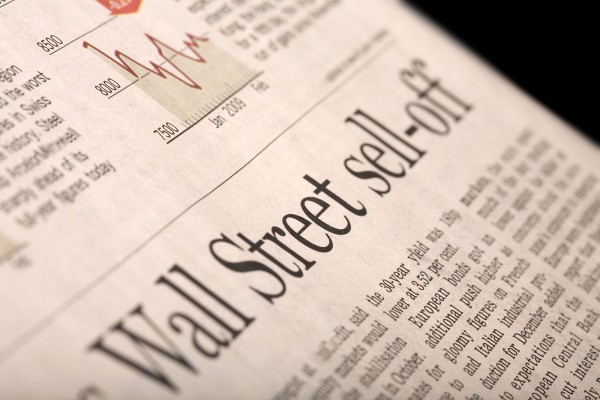Although brick-and-mortar companies like GameStop and AMC Theaters have given investors reason to count them out of stock market success, a huge surge via a “short squeeze” was both predicted and expected in recent research by an expert at Washington University in St. Louis.
In fact, he and his co-authors noticed the everyday investor talk behind GameStop percolating online in 2020.
“The probability of short squeeze, we document, has been a signal and potential predictor of a big return for a while — as we show in the paper — but has exploded this year, and these chat rooms provide a forum to discuss it and even coordinate,” said Ilias Filippou, visiting assistant professor of finance at Olin Business School.
“The retail investors in GameStop coordinated to provoke a ‘short squeeze:’ their coordinate purchases made some hedge funds and institutions in short positions in the stock buy it back, which triggered a further increase in price and forced additional investors with short positions to buy it back, creating a loop that led to a huge run up in prices.”
In other words, it is a risky business the researchers equated to gambling and lotteries.
In a paper titled “Short Squeeze Uncertainty and Skewness,” Filippou and co-authors from Boston University and Instituto Tecnológico Autónomo de Mexico explored the similarities between short squeezes and lotteries. The concept of investors essentially betting on the success or failure of such stock is not new, but the researchers wrote how investors “are willing to pay a premium for the upside potential of these lottery-like securities.”
“Our paper shows that measures related to the probability of a short squeeze have been used over the years as an indicator for some market participants to invest in a particular company. Furthermore, at least part of those investments are highly speculative or ‘gambling-like.’ That is, investors know that the investment is very risky and, therefore, there is a good chance they will lose money,” Filippou said.
“However, there is the potential of a large payoff, and that is the reason why these investors are willing to take their chances. In addition, many of these investors favor options, which are even riskier than the stocks, but offer a potentially higher payoff — further evidence of the ‘gambling-like’ nature of the investment.”



